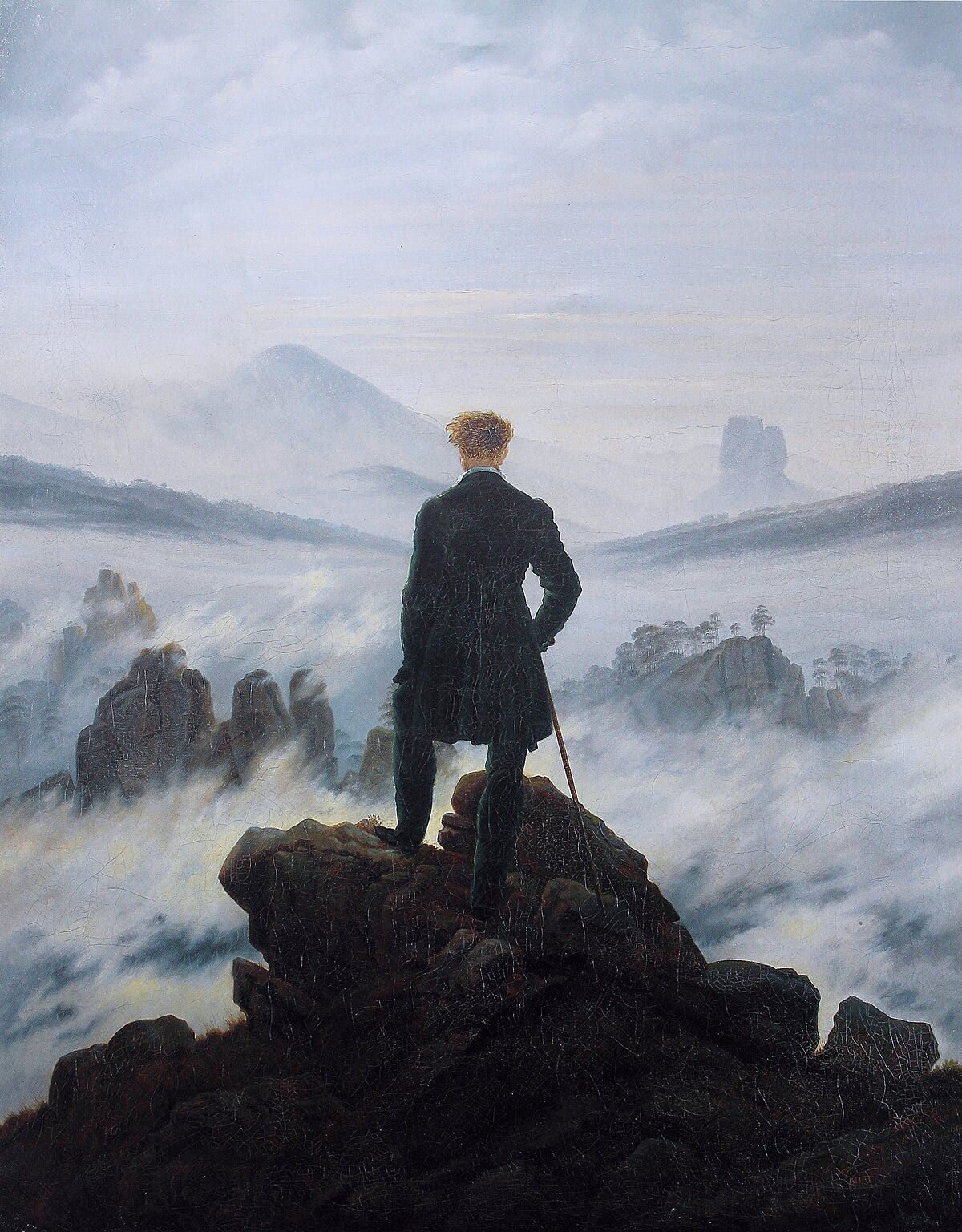Solitude As The Savior
Liberating the mind
“Do not feel lonely, the entire universe is inside you.”
— Rumi
There is this classic story of the American writer Henry David Thoreau going to live in the woods alone. The year was 1845, this chap was craving to get away from the chatter of society. Away from the incessant gossip, the petty obligations. He wanted space to think. To reflect. To learn. “Society is commonly too cheap,” he said, “we meet at very short intervals, not having had time to acquire any new value for each other.” Not without a sense of humor, he observed how “we meet at meals three times a day, and give each other a new taste of that musty old cheese that we are.”1
The tragedy of the musty cheese! How disappointed Thoreau would be if he knew I used to be embarrassed to go eat somewhere by myself. Thanks in part to the wisdom of this fellow Massachusetts native, I’ve realized the value of solitude. When you’re alone, your intellect sheds its social shackles. The cosmic antenna that is your mind reaches a new frequency. The glue of groupthink becomes less sticky, the siren call of herd conformity fades. You learn to value your own opinion of yourself more than anyone else's. You get space to question the beliefs, assumptions and values of everyone in your life.
This type of thought simply does not happen if you’re perpetually stimulated in social situations. Much less of any kind of thought happens when you’re running your mouth. “You talk when you cease to be at peace with your thoughts,” wrote Kahlil Gibran, “And in much of your talking, your thinking is half murdered.” Many of the best thoughts, ideas and mindset shifts I’ve ever made were a result of stopping my babbling. I’m an extrovert who works in sales and likes learning languages — I’ll literally remind myself to zip it. To think. To just think. By myself.
Knowing how powerful this type of reflection is, if my daily dose of solitude doesn’t happen, it bothers me. It bothers me when there is too much noise, not enough stillness, too much talking, not enough doing. After all, as Picasso said, “without great solitude, no serious work is possible.” That’s another big thing — with great solitude comes great creativity. The creative ecstasy that surges when you’re away from the crowd, this is something to cherish.2
But cherishing solitude is not an endorsement of unending isolation. Excessive withdrawal is not strength; it is spinelessness. Monk mode taken to the extreme becomes Howie from Benchwarmers mode. If you haven’t seen the movie, Howie is a guy who is terrified of the sun. He lives in a closet and eats sunscreen. And while I admire Thoreau boldly "fronting only the essentials of life" at Walden, you won’t catch me living in a shed in the forest. That sounds disgusting. No thanks.
— Henry David Thoreau, Walden (1854)
“All isolation is wrong: so say the herd.”
— Friedrich Nietzsche, Thus Spoke Zarathustra: A Book for All and None (1883)



This is to true and I've felt it so often. “Society is commonly too cheap,” he said, “we meet at very short intervals, not having had time to acquire any new value for each other.” I wonder if there has ever been a company or university that instituted forced down-time of an hour a day to just contemplate without a phone in hand?
Thoreau’s wilderness retreat reminds me of Aaron Rodgers who went on a darkness retreat recently. Even the most famous of famous crave getting away from everyone and being alone with their own thoughts. As scary as being alone with your thoughts may be, I think everyone craves (and needs it) it deep down.